Wait, What?, Ep. 271: Pure Digression
- June 2, 2019
- Tagged as: Al Ewing, Batman, Batman: Last Knight on Earth, Blue Sunday, Bob Haney, Brian Michael Bendis, Caspar Wungaard, Dynamite, Eduardo Pansica, Fleabag, Geoff Johns, Gleipnir, Graeme, Greg Capullo, Greg Rucka, Haikyu, Image Comics, Jeff, John Wick, Joshua Luna, Julio Ferreira, Kabi Nagata, Kieron Gillen, Marc Andreyko, Marvel, Marvel Unlimited, Mary Safro, Matt Fraction, Mike Perkins, Peter Cannon: Thunderbolt, Podcast, Priest, Scott Snyder, Steve Leiber, Superman: Leviathan Rising, The Rise of Arsenal, Tom King, Vampirella, Wait What?, What We Do In The Shadows, Yanick Paquette
http://theworkingdraft.com/media/podcasts3/WaitWhat271.mp3 0:01-7:38: Greetings from Graeme “Swallow At The Wrong Time” McMillan and Jeff “We Are Probably All Dying Faster Than Previously” Lester who are back for another bout of two-fisted audio comics fun! And we…
Hey, everyone! Welcome to our non-episode episode, where Graeme and Jeff talk separately about hanging out together recently in Portland, Oregon. Graeme is concise; Jeff is not; what else is new? But at least you get to hear about Shazam! (the motion picture), DC Digests, Carmine Infantino and Don Heck, Deadpool Kills The Deadpool Universe #4, and what’s really going through the head of the person you’re bargain comics shopping with!
We’ll be back next week with a full episode of (we think) Drokk!
Wait, What?, Ep. 270:
- May 5, 2019
- Tagged as: Al Ewing, Aud Koch, Avengers, Avengers: Endgame, Batman, Batman: Last Knight on Earth, Cindy & Biscuit, Countdown to Adventure, Dan White, DC, DC Universe, DCeased, Graeme, Grant Morrison, Greg Capullo, Hirohiko Araki, Jeff, JoJo's Bizarre Adventure, Lady Styx, Marvel Unlimited, Molly Mendoza, Podcast, Scott Snyder, Steve Englehart, Wait What?
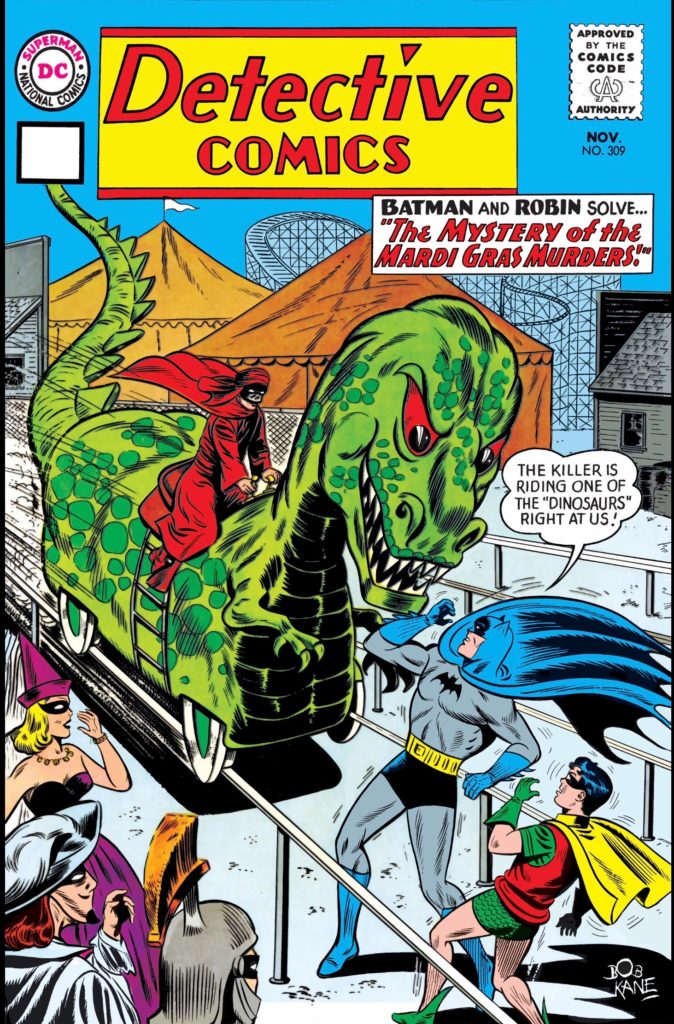 2:04:08-2:17:54: Jeff is really enjoying the comic streaming services these days and so we return again to discussion of the DC Universe app in the wake of its first post-upgrade release of 12-months-ago comics and (thankfully!) a bunch of old Detective Comics and very old Teen Titans books. Also discussed: our first buggy experiences while using the app; Jeff’s preference for the old junk; Graeme’s rediscovery of Countdown to Adventure and DC’s forgotten Lady Styx-verse; notably missing work on the app (only 12 issues of Kirby’s The Demon?!); mixes of scans, refinished pages, and black and white material; the fate of Wildstorm; and more.
2:04:08-2:17:54: Jeff is really enjoying the comic streaming services these days and so we return again to discussion of the DC Universe app in the wake of its first post-upgrade release of 12-months-ago comics and (thankfully!) a bunch of old Detective Comics and very old Teen Titans books. Also discussed: our first buggy experiences while using the app; Jeff’s preference for the old junk; Graeme’s rediscovery of Countdown to Adventure and DC’s forgotten Lady Styx-verse; notably missing work on the app (only 12 issues of Kirby’s The Demon?!); mixes of scans, refinished pages, and black and white material; the fate of Wildstorm; and more.Wait, What? Ep. 269: Darned Cynics
- April 28, 2019
- Tagged as: Alan Grant, Avengers: Endgame, Batman, Caspar Wungaard, Clay Mann, Comixology Unlimited, Darkseid War, DC, DC Universe, Geoff Johns, Graeme, Heroes in Crisis, Ian Gibson, Jason Fabok, Jeff, Junji Ito, Justice League, Kieron Gillen, Marvel Unlimited, Mitch Gerads, New Gods, Peter Cannon: Thunderbolt, Robo-Hunter, Scott Snyder, Smashed, Star Wars, Star Wars Celebration, The Dark Mansion of Forbidden Love, the Marvel Cinematic Universe, The New Gods, Tom King, Wait What?, Wonder Woman, Year of the Villain
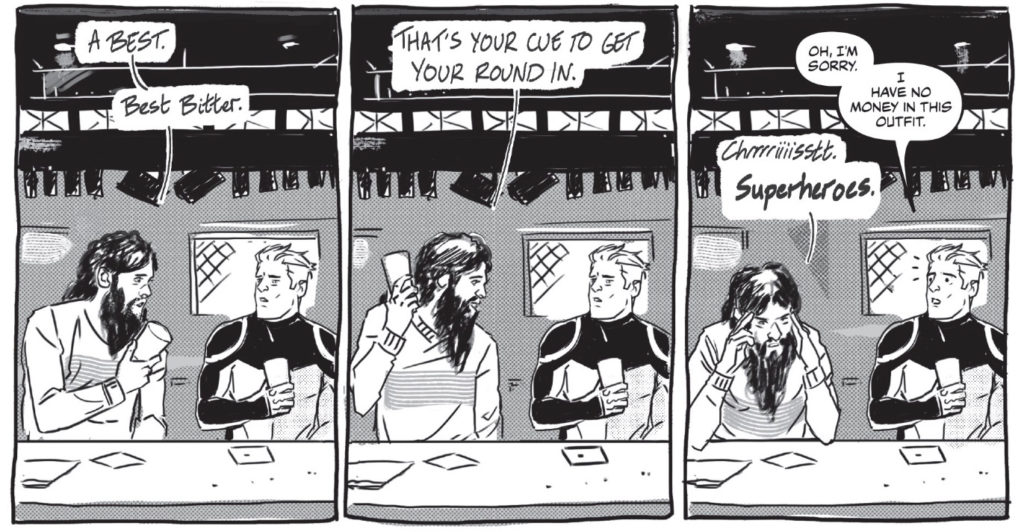 1:57:20-2:03:35: Another oddball reading pick, Graeme and I as old school Eddie Campbell fans were both delighted by issue #4 of Peter Cannon: Thunderbolt by Kieron Gillen and Caspar Wungaard, so of course we *have* to talk about it.
1:57:20-2:03:35: Another oddball reading pick, Graeme and I as old school Eddie Campbell fans were both delighted by issue #4 of Peter Cannon: Thunderbolt by Kieron Gillen and Caspar Wungaard, so of course we *have* to talk about it.Wait, What? Ep. 267: Hicks, Man.
- March 24, 2019
- Tagged as: Al Ewing, Assassin Nation; Invisible Kingdom, Avengers: No Road Home, Batman, Bloom, Brie Larson, Captain Marvel, Conan The Barbarian, Graeme, Hickman, Immortal Hulk, Jason Aaron, Jeff, Jim Zub, Jorge Fornes, Kevin Panetta, Lee Weeks, Lovern Kindzierski., Marvel Unlimited, Podcast, reviews, Savanna Ganucheau, Tom King, Vinland Saga, Wait What?, X-Men
Wait, What?, Ep. 266: Text to Subtext, Tweet to Subtweet
- March 3, 2019
- Tagged as: Alan Moore, David Wolkin, Don McGregor, Doomsday Clock, Doug Moench, Eclipse Comics, Exorsisters, Gary Frank, Geoff Johns, Gisele Lagace, Graeme, Guy Davis, Hellboy, Hoopla, Ian Boothbhy, Image, Jeff, John Arcudi, Marvel Meow, Mortal Kombat, Neil Marshall, Nightmares, Paul Gulachy, Spider-Man: Into The Spider-Verse, Steve Epting, Superman, Superman Family, Tom King, Wait What?
Wait, What?, Ep. 265: A Mire of Nihilistic Loathing
- February 17, 2019
- Tagged as: Afu Chan, Al Ewing, Alan Moore, Belardino Brabo, Black Mirror, Brian Michael Bendis, Criminal, Dan Slott, David Finch, DC Universe, Doom Patrol, Ed Brubaker, Fantastic Four, Gerry Duggan, Graeme, Grant Morrison, Immortal Hulk, Jeff, Joe Bennett, John Layman, Jr., Kevin O'Neill, LOEG: Tempest, Lucha Explosiva, Mike Deodata, Outer Darkness, Podcast, Rafael Fonteriz, Richard Case, Ruy José, Sara Pichelli, Savage Avengers, Sean Phillips, Superman, Tom DeFalco, Young Justice
Wait, What?, Ep. 264: New Grodds
- February 3, 2019
- Tagged as: Action Comics, Adriana Melo, Brian Michael Bendis, Cecil Castellucci, Daniel Sampere, Drokk!, Graeme, Hobbs & Shaw, Jack Kirby, Jackie Chan, Jackie Chan's Police Story, James Gunn, James Tynion IV, Jeff, Jim Starlin, Juan Albarran, Judge Dredd, Justice League Annual, Mark Evanier, Netflix, New Gods, Podcast, reviews, Scott Snyder, The Female Furies, The Punisher, Tom Peyer, Vinland Saga, Wait What?, Young Justice
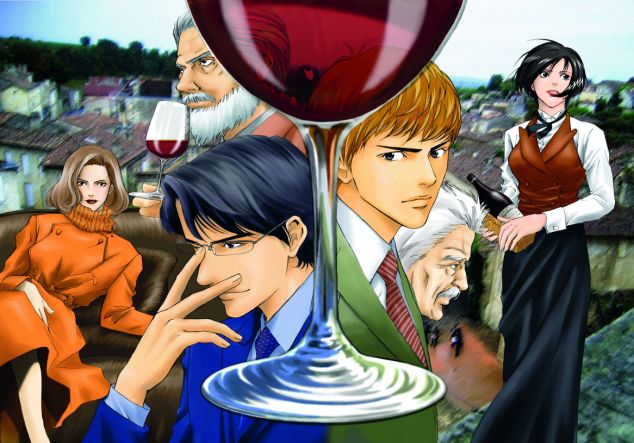
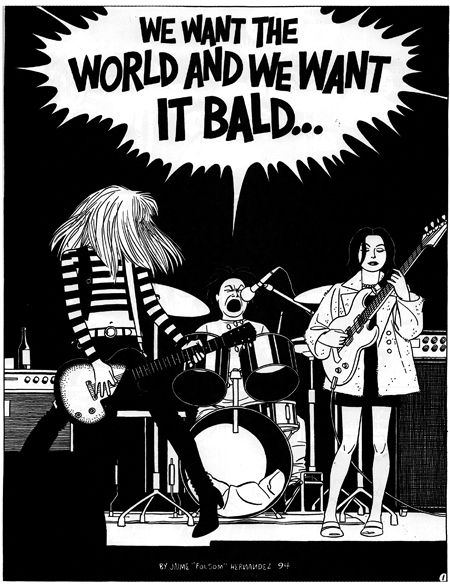
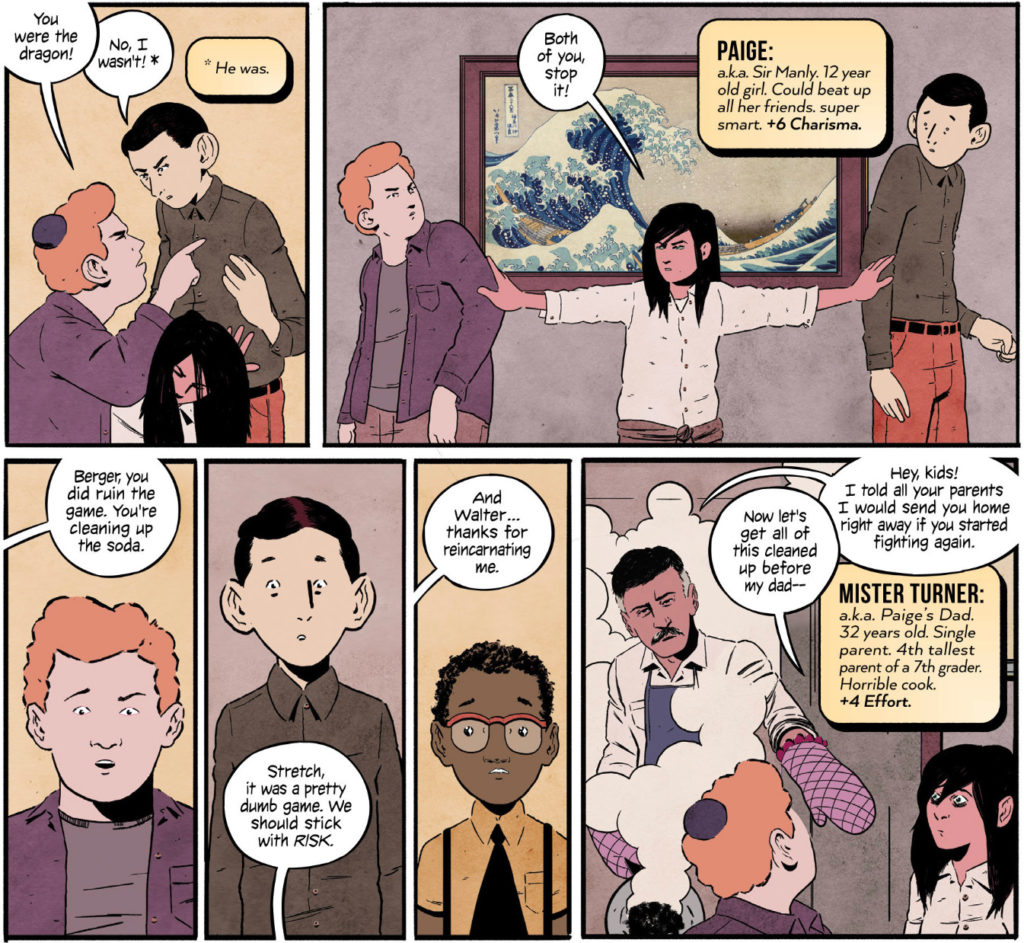
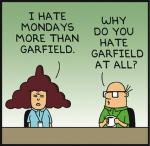

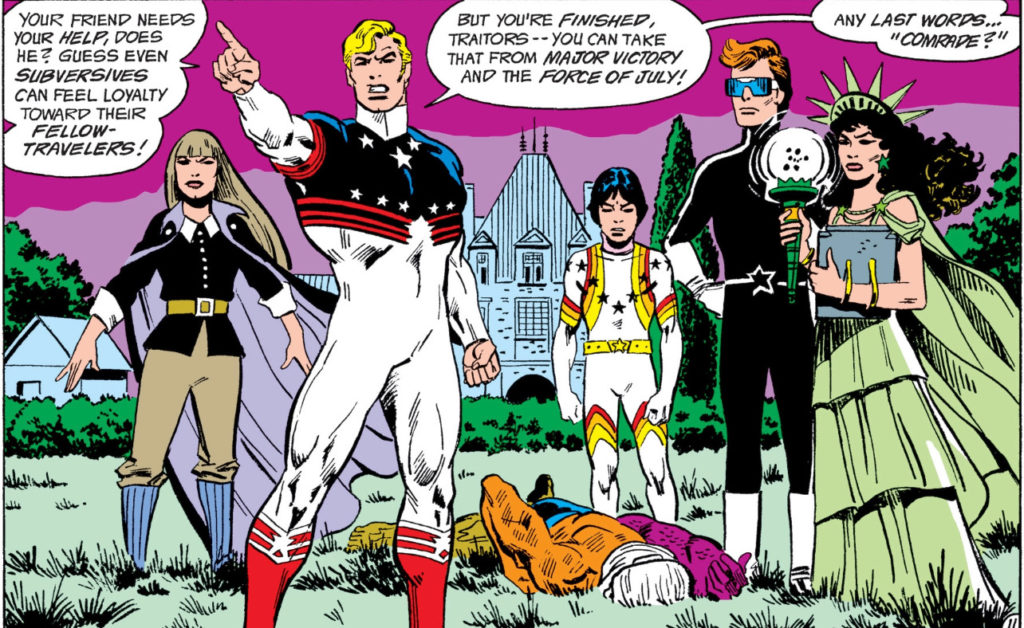
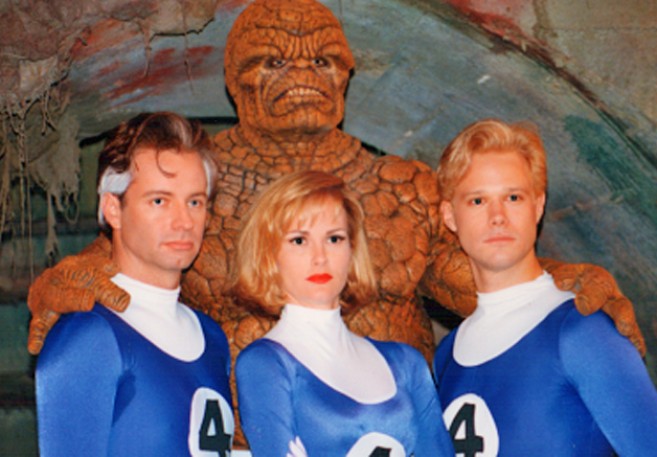
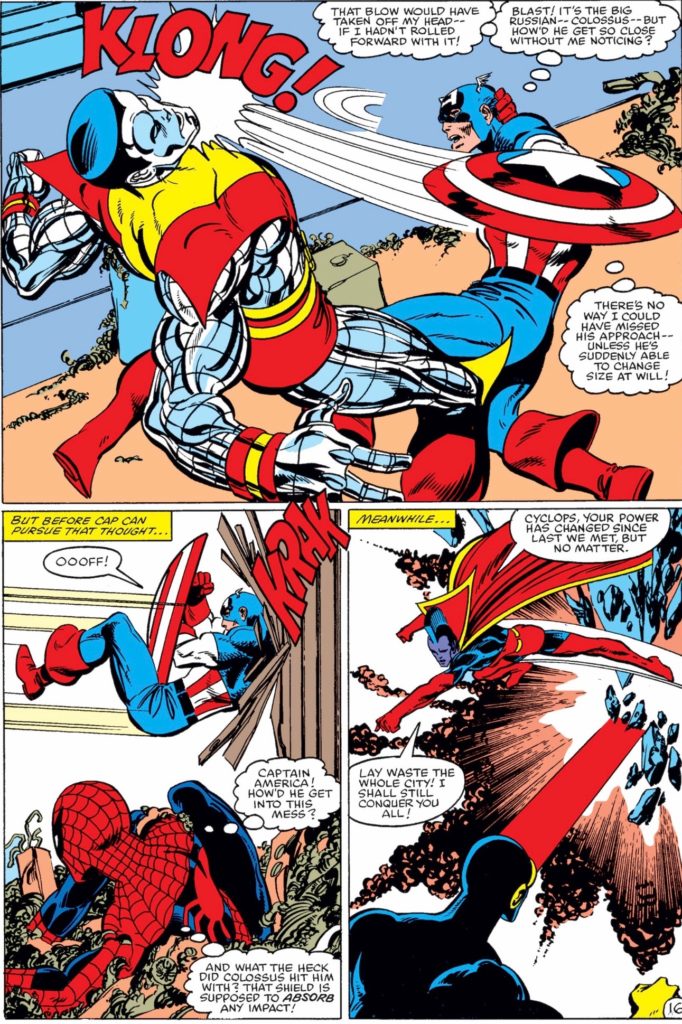
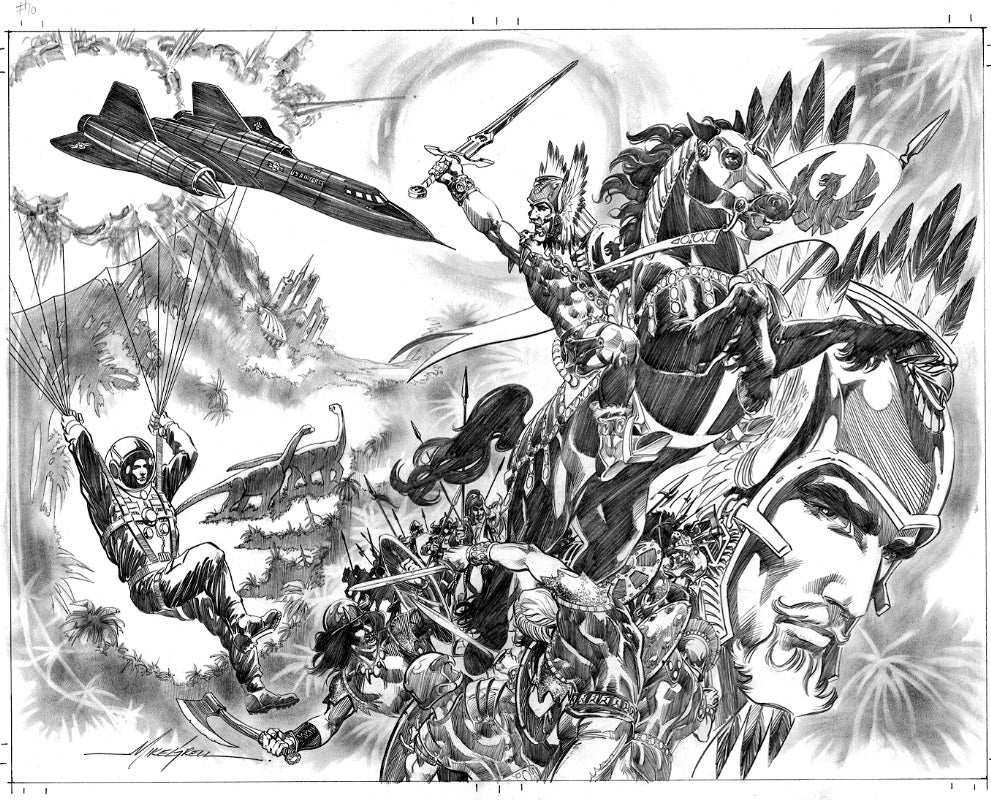
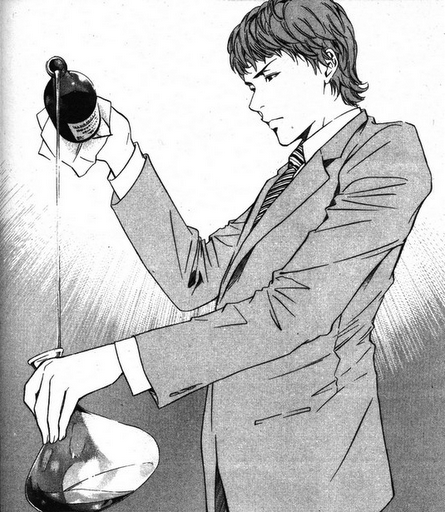
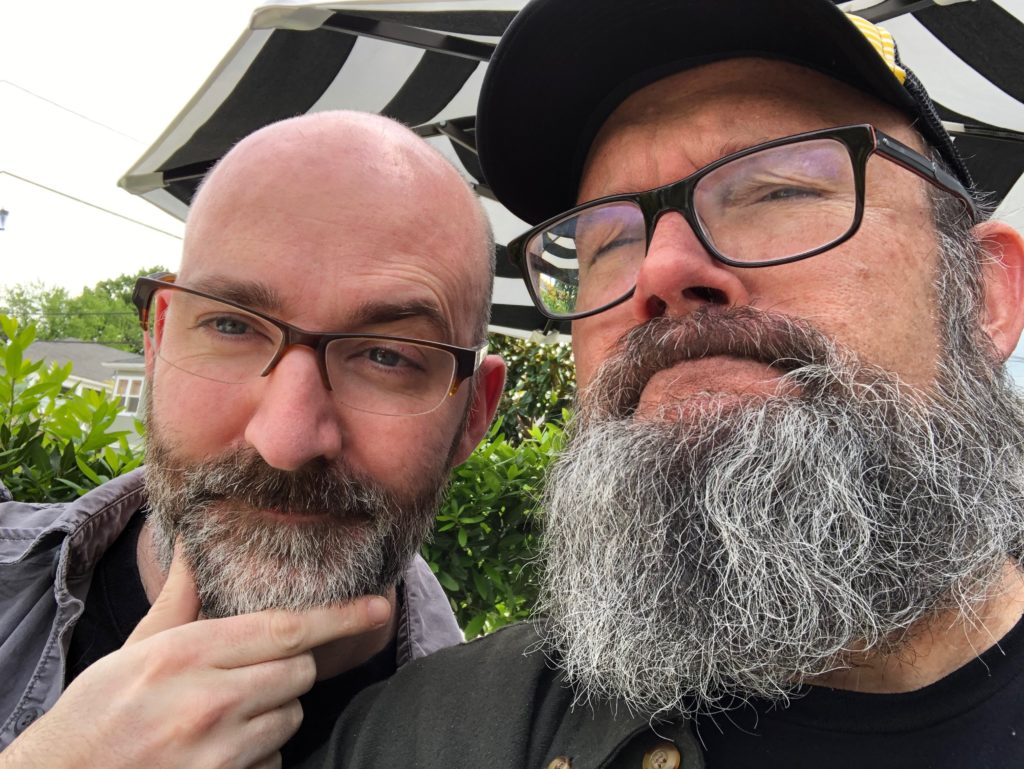
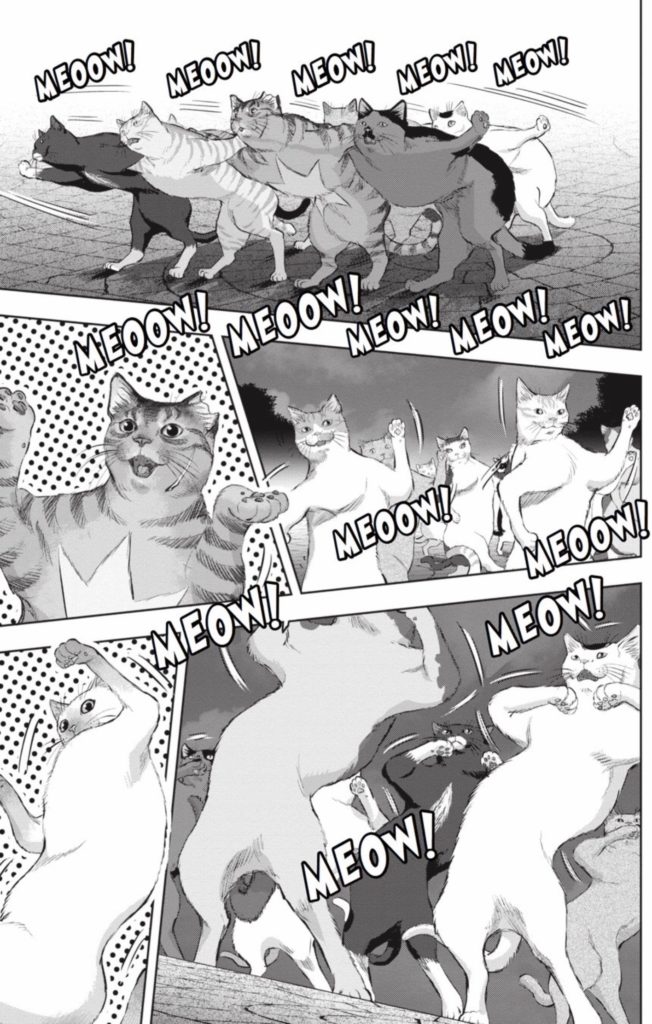
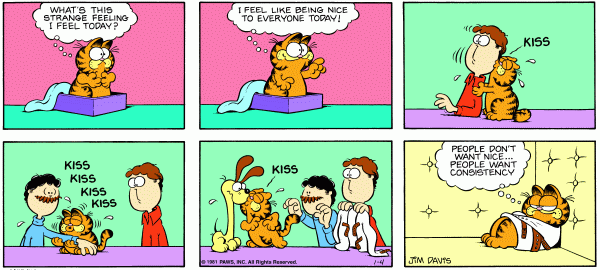
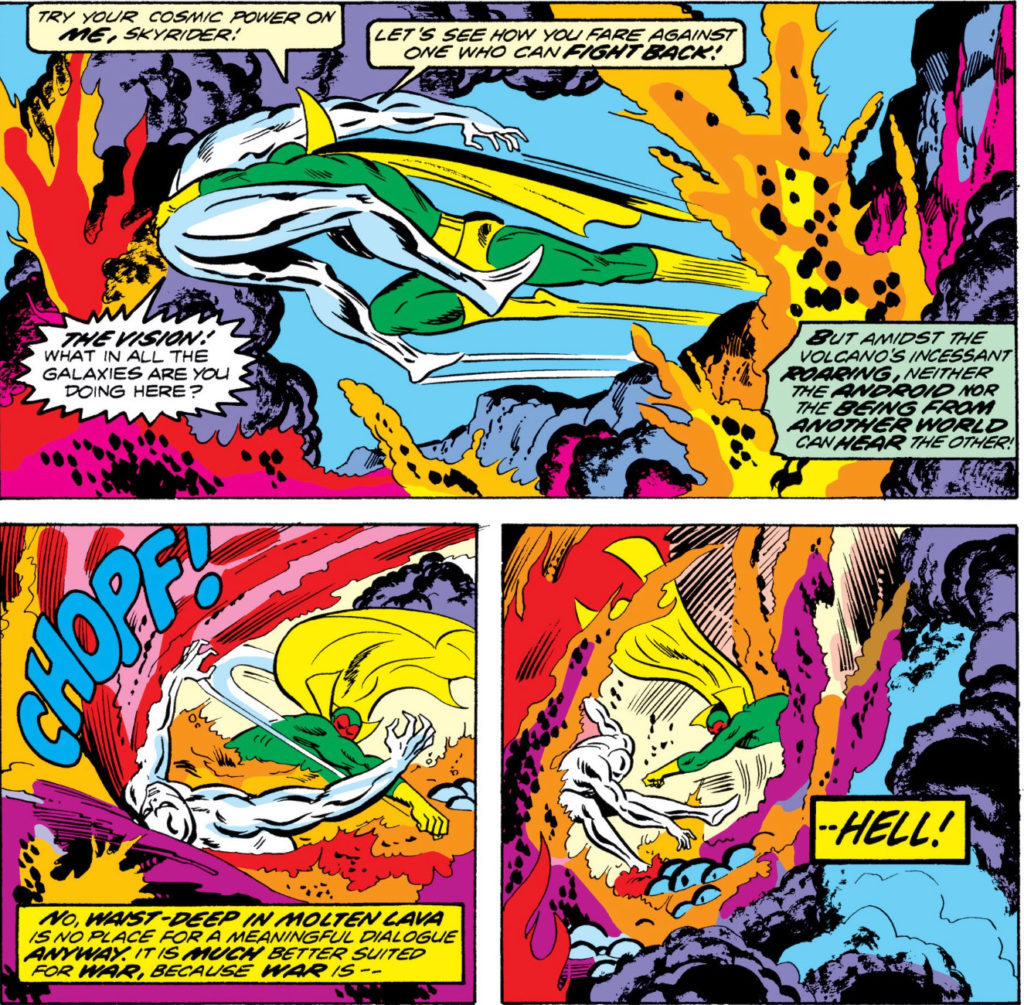
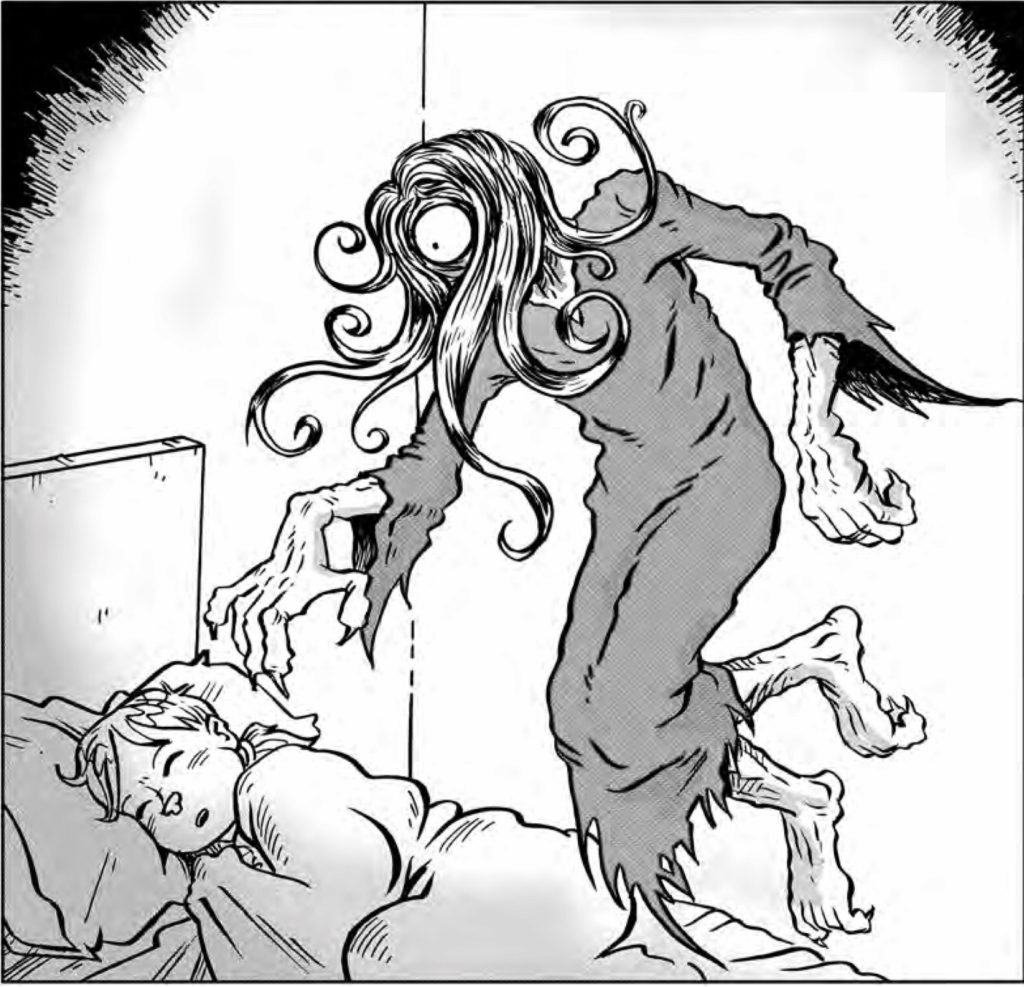
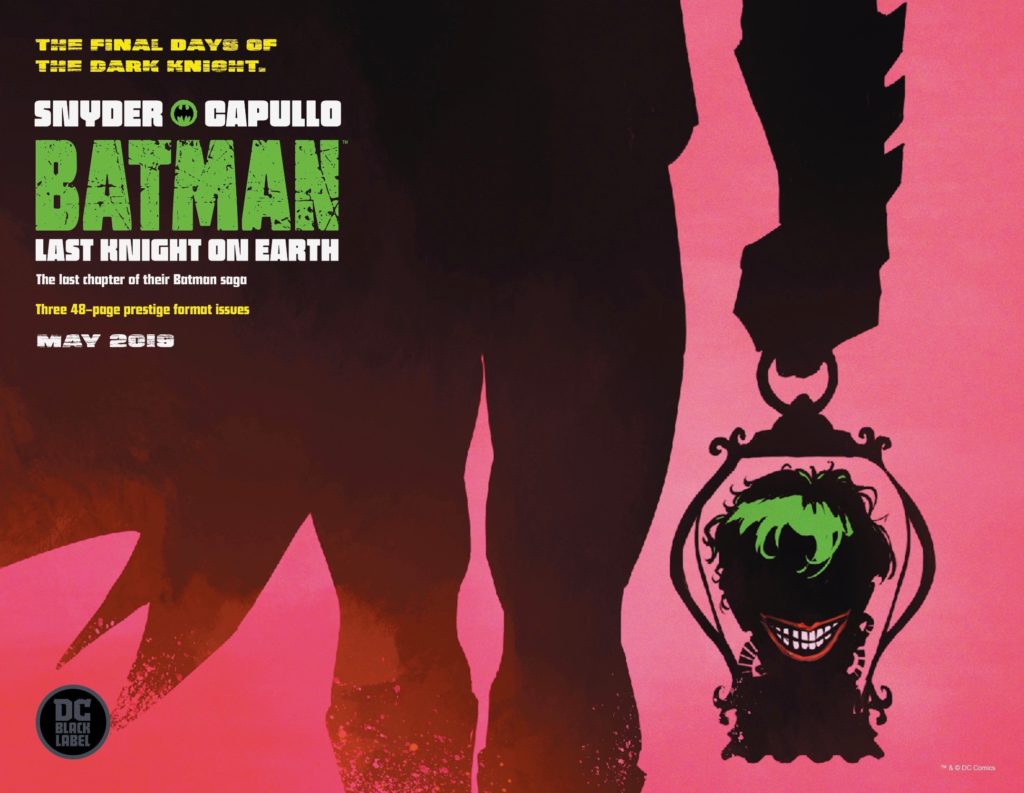
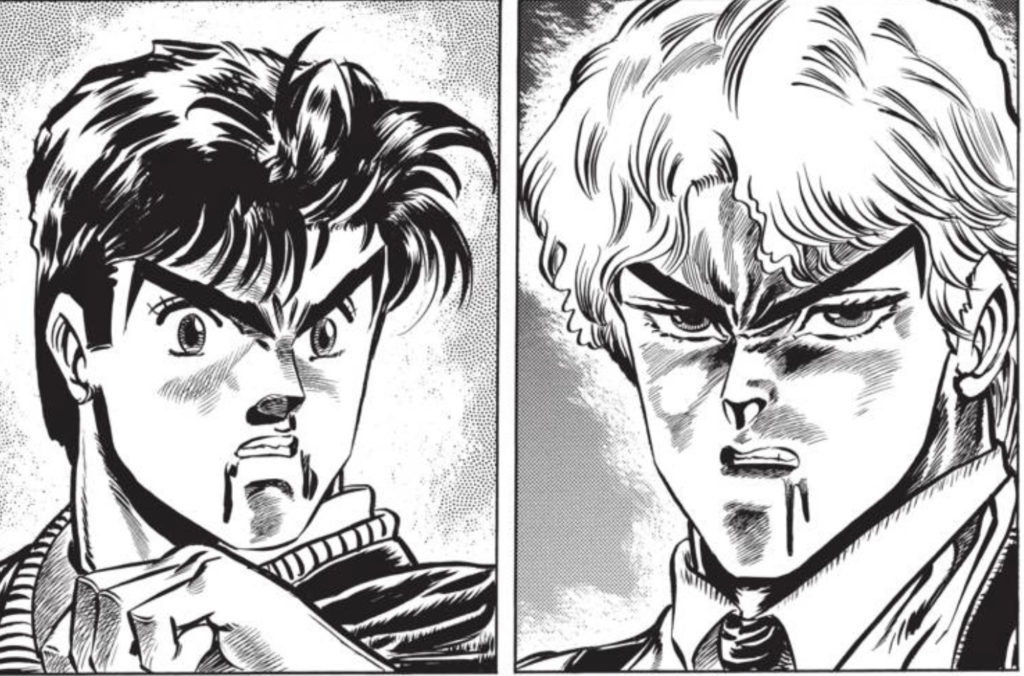
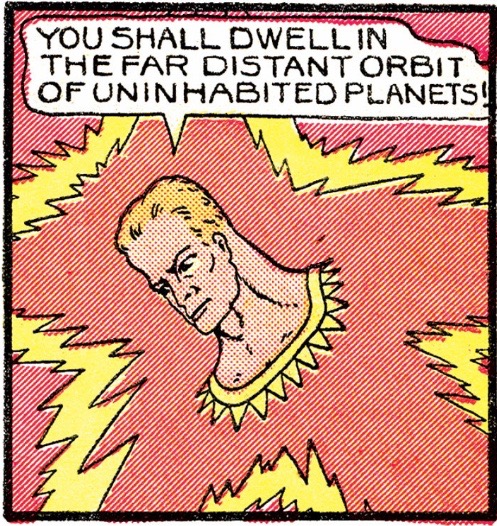
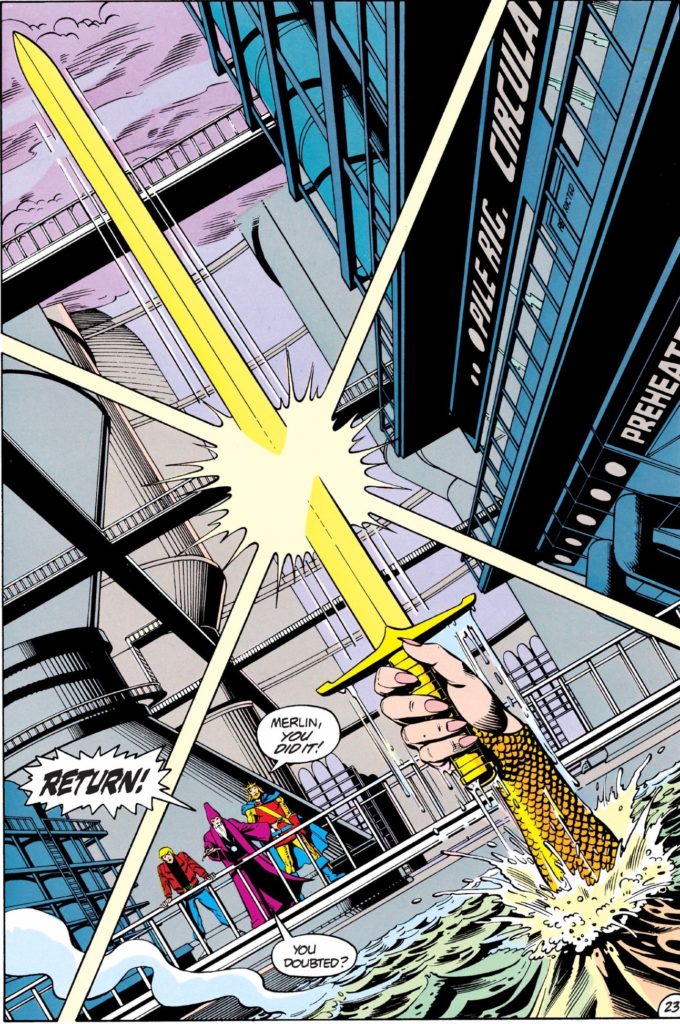
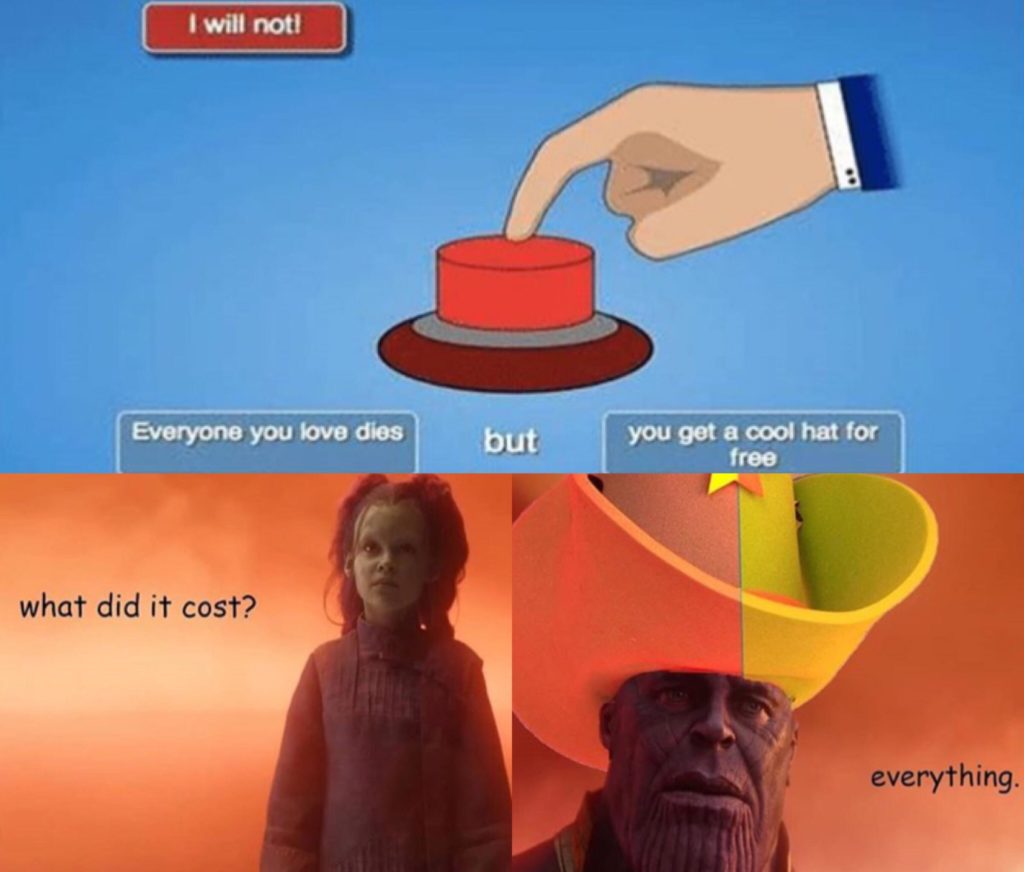
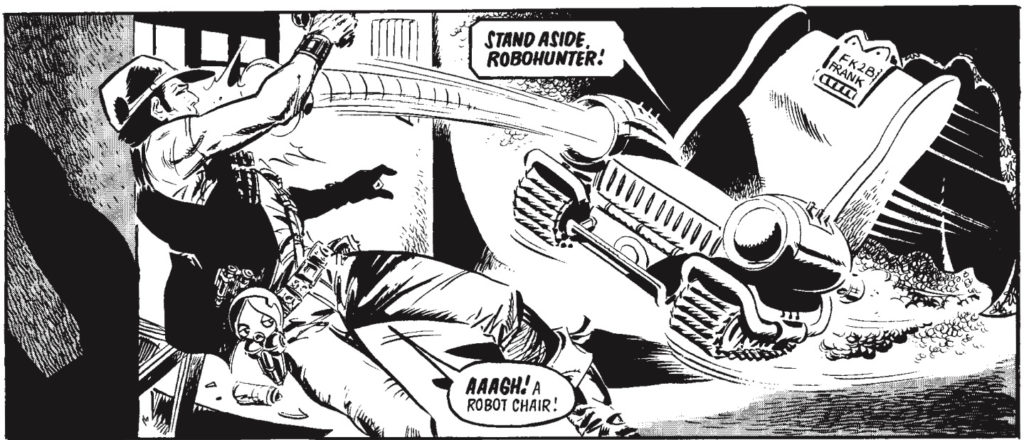
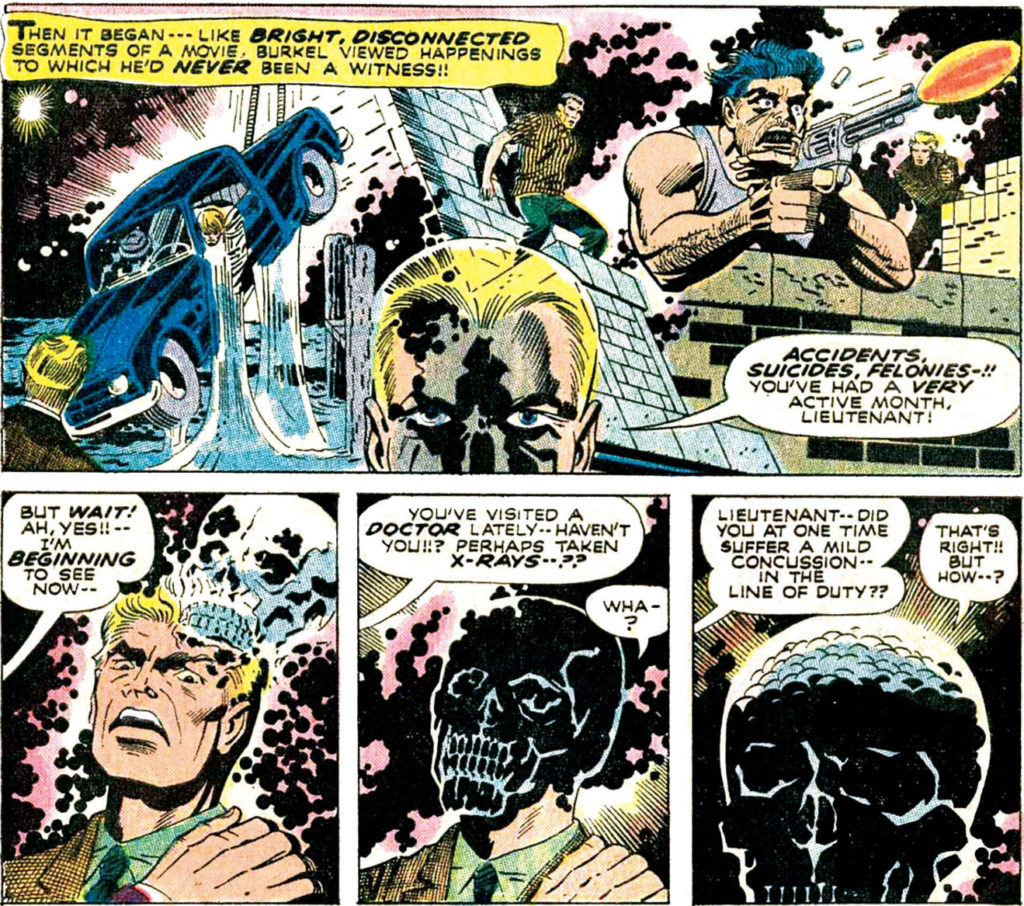
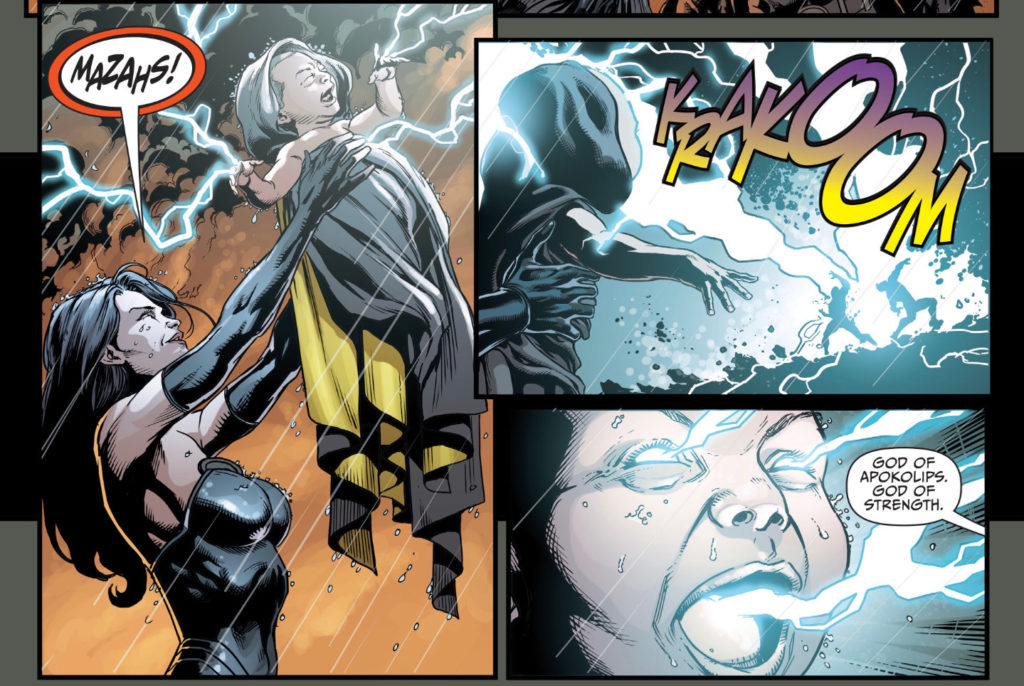
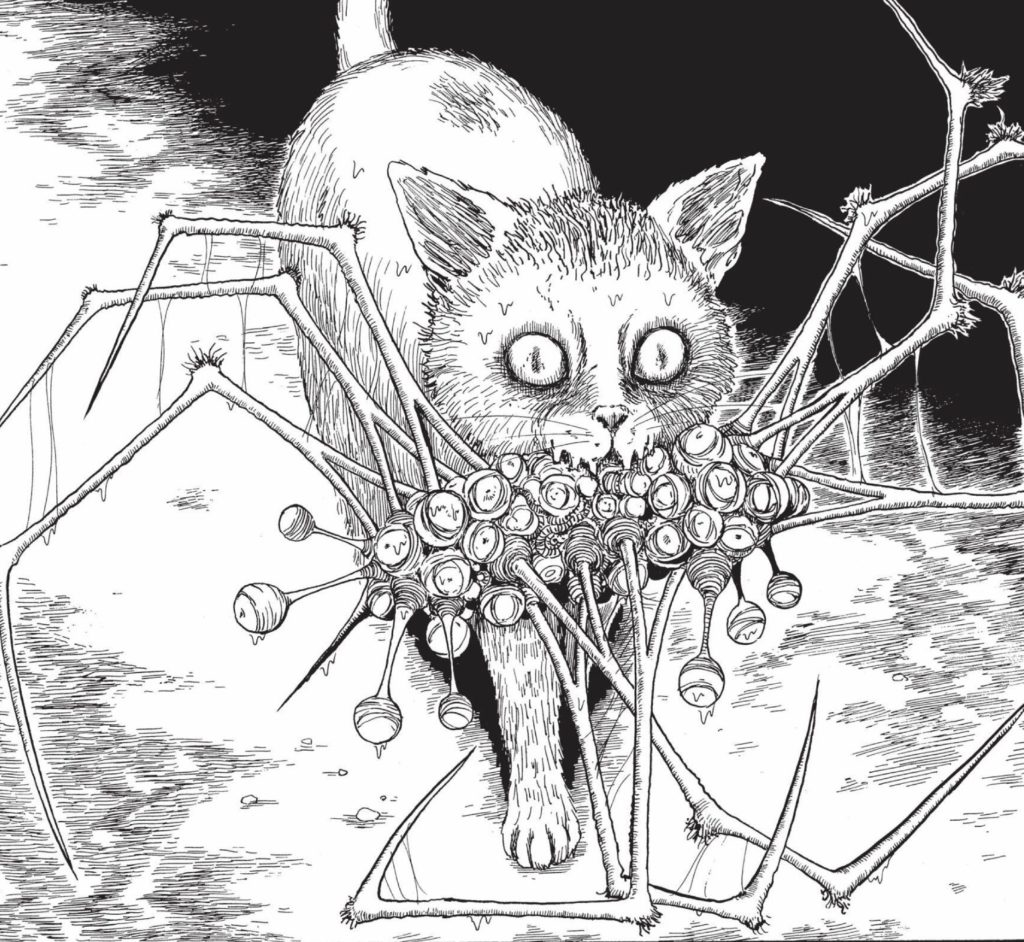
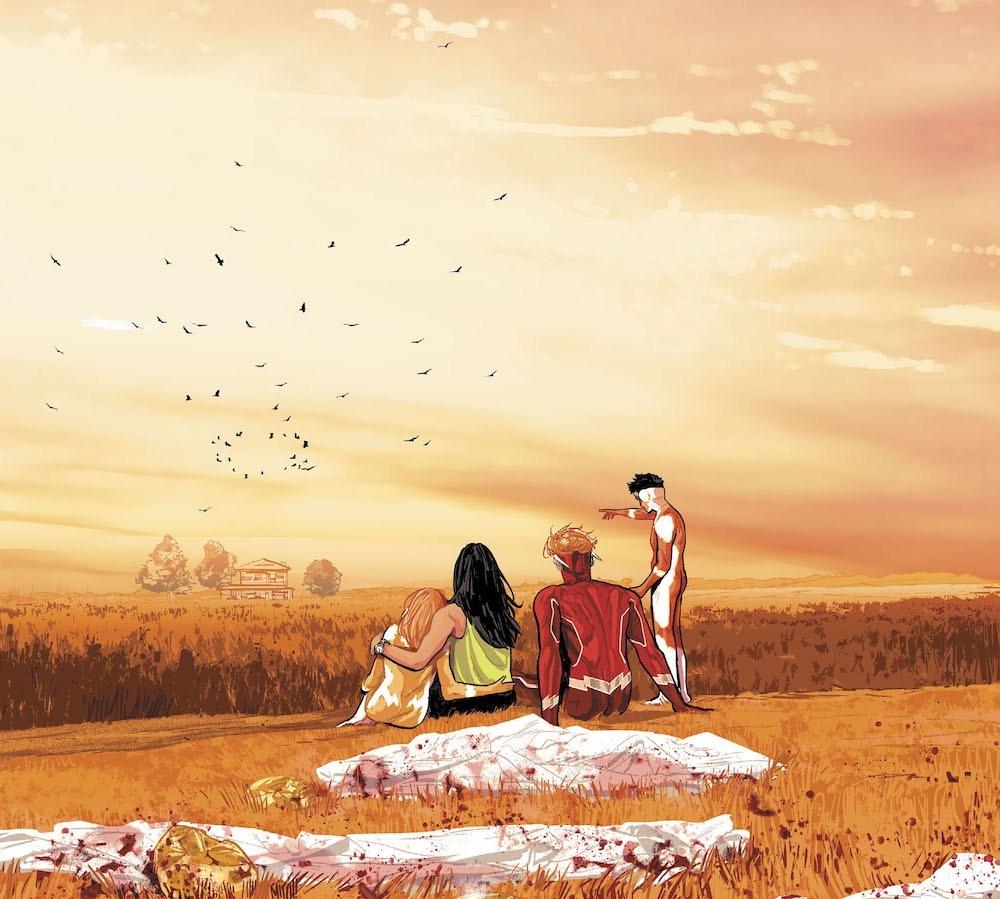

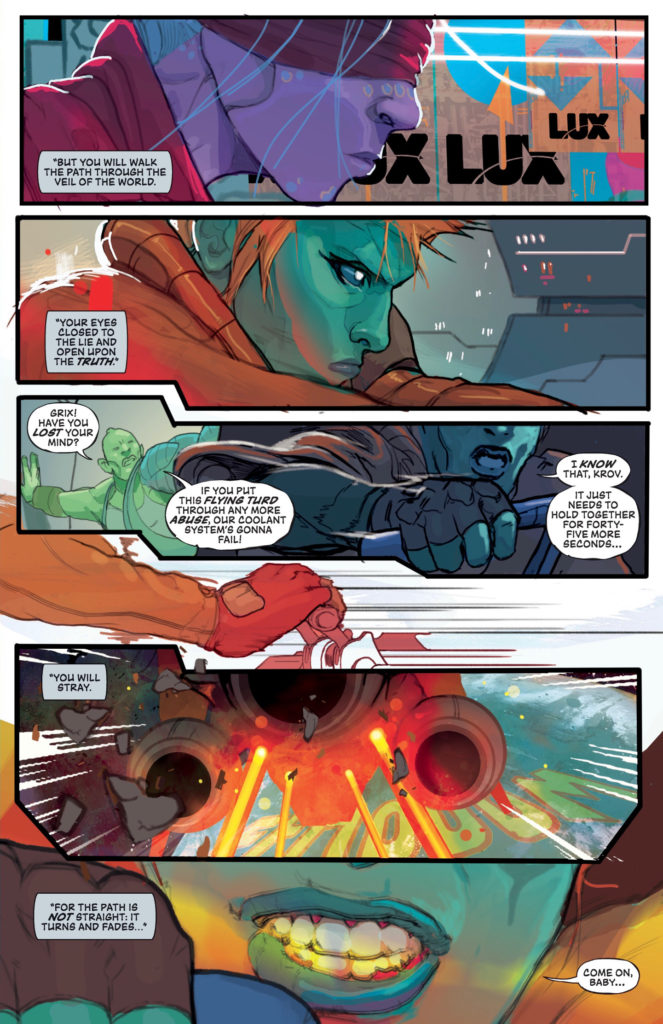
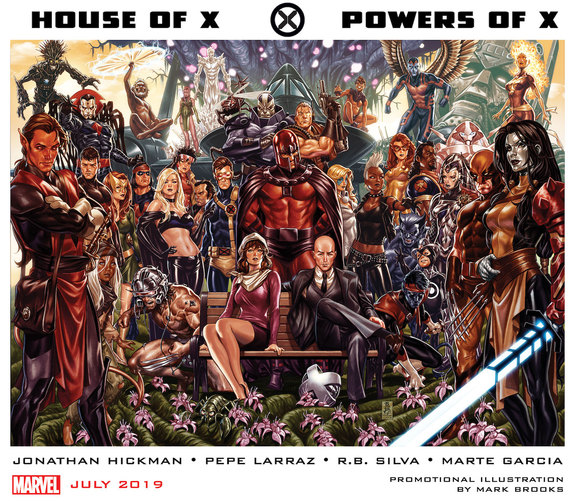



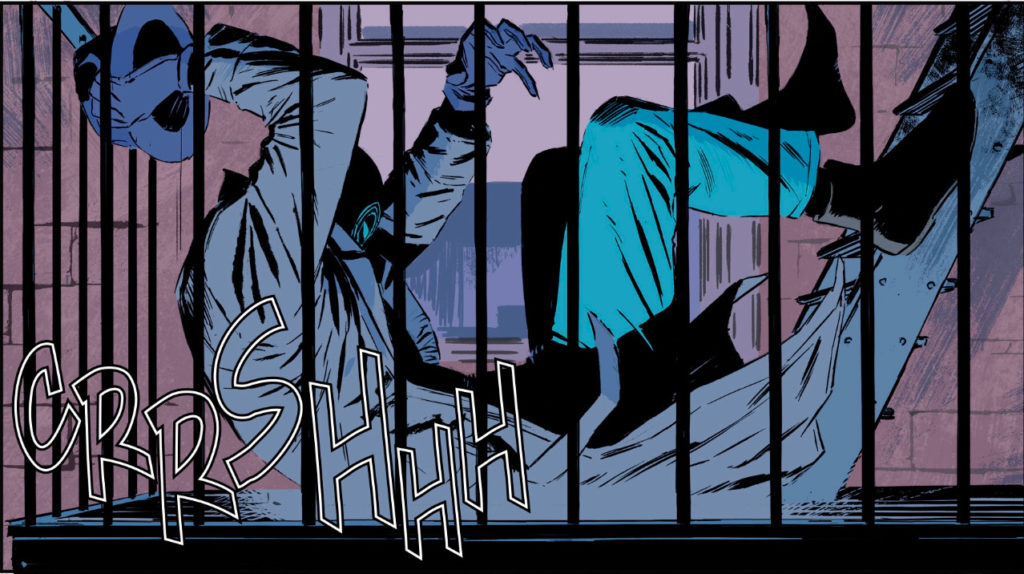

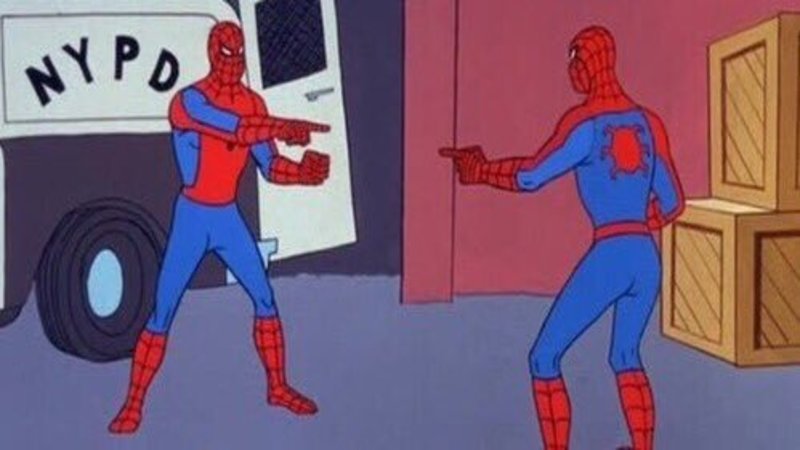
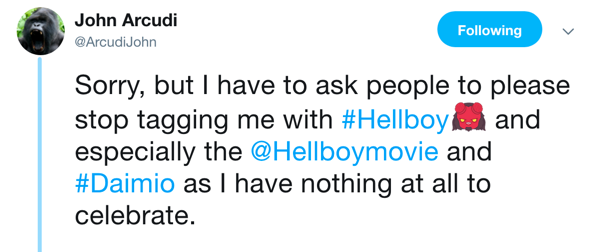

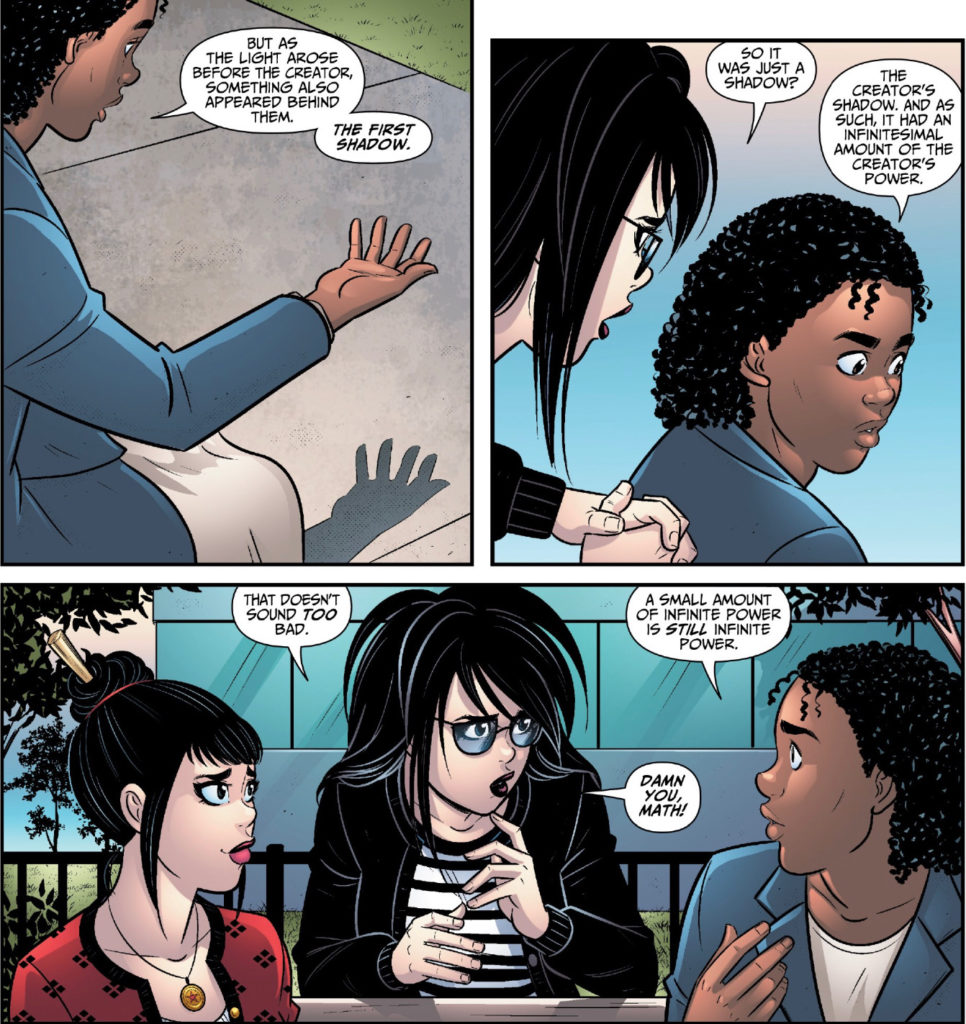
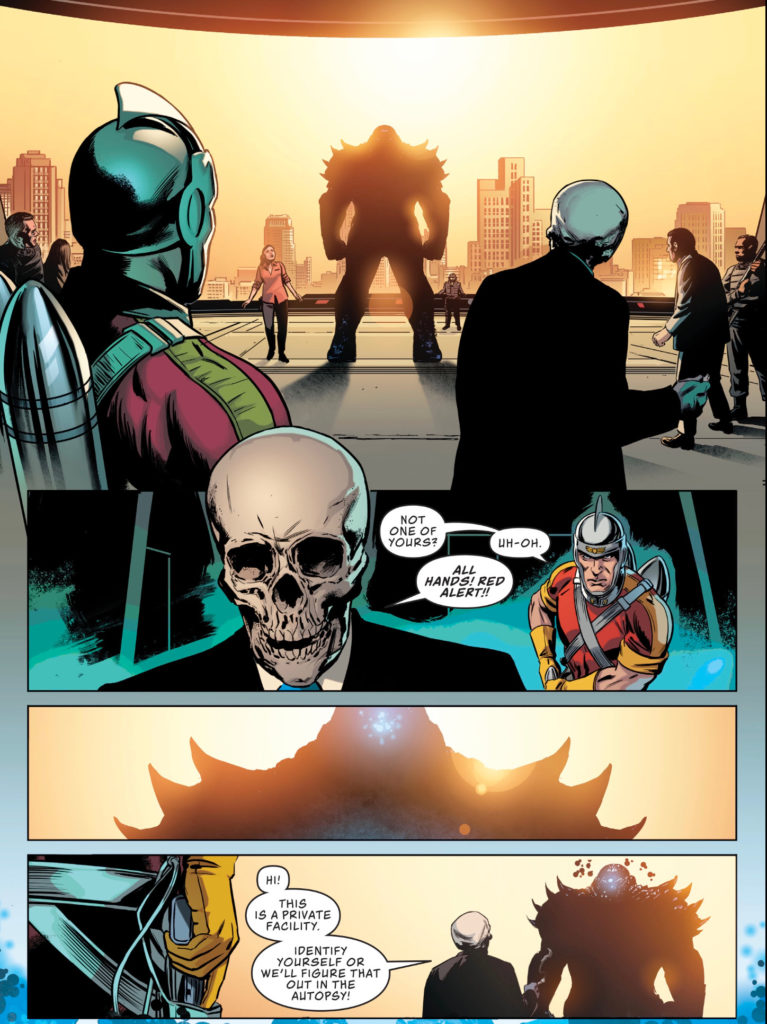
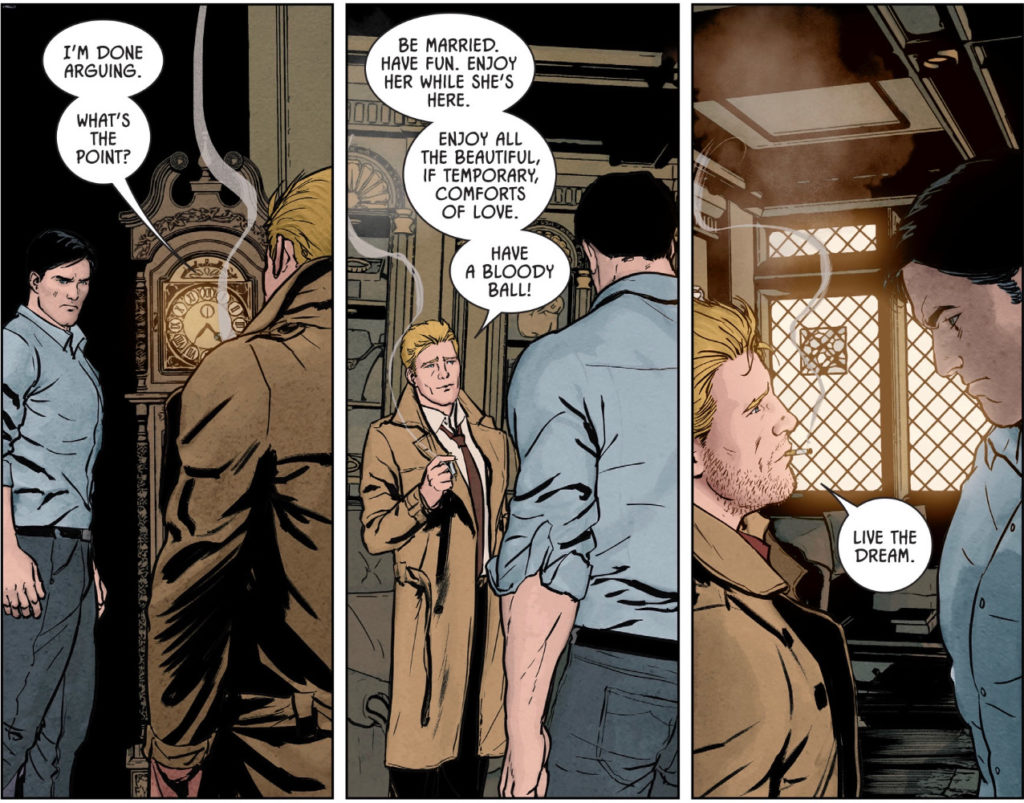
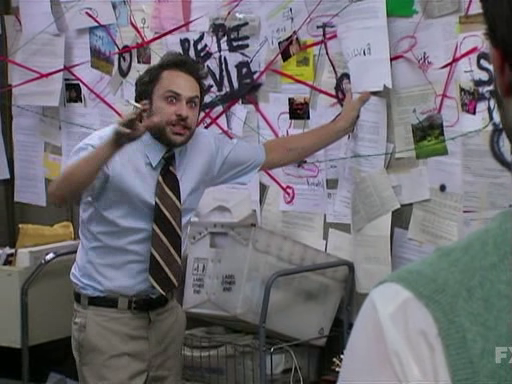
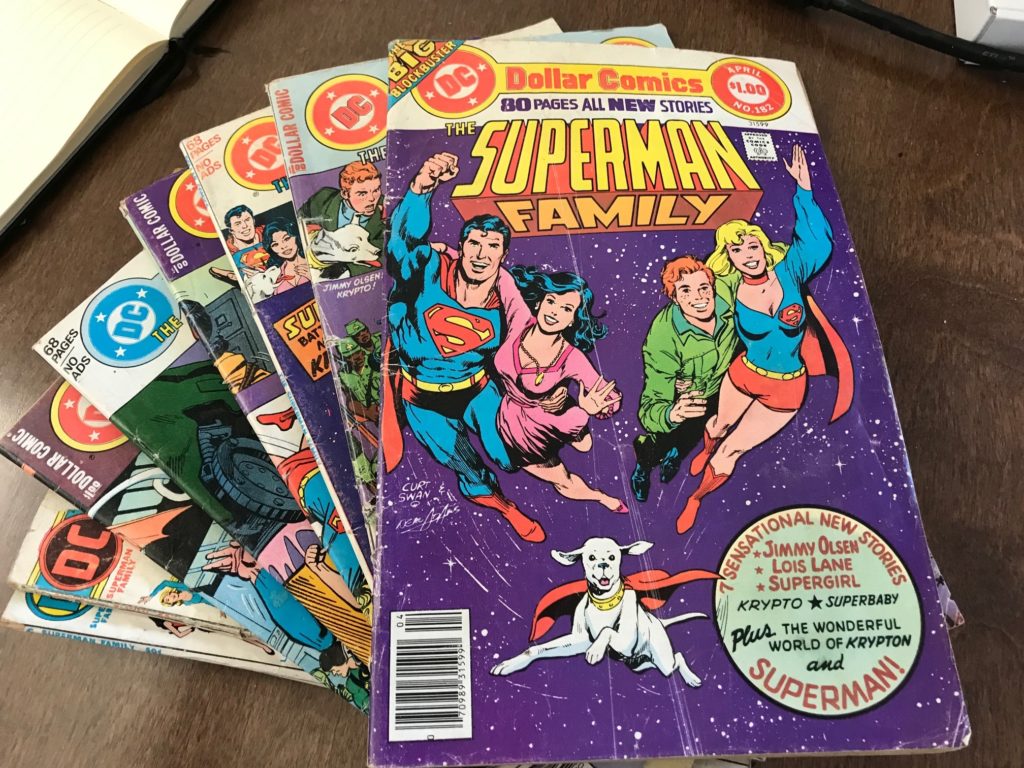
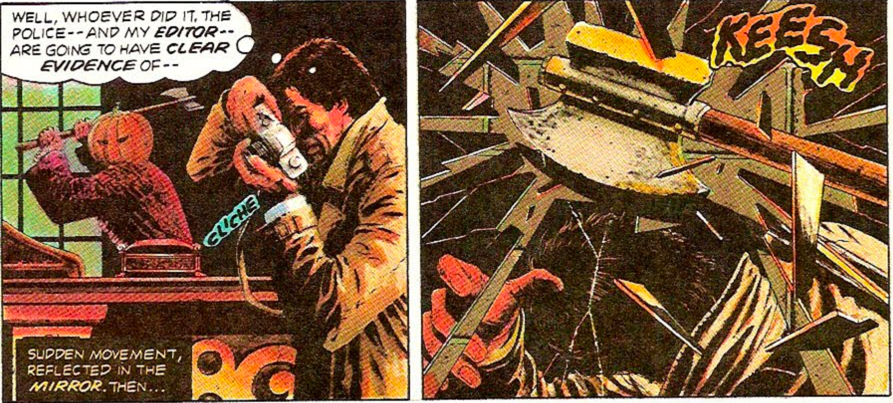
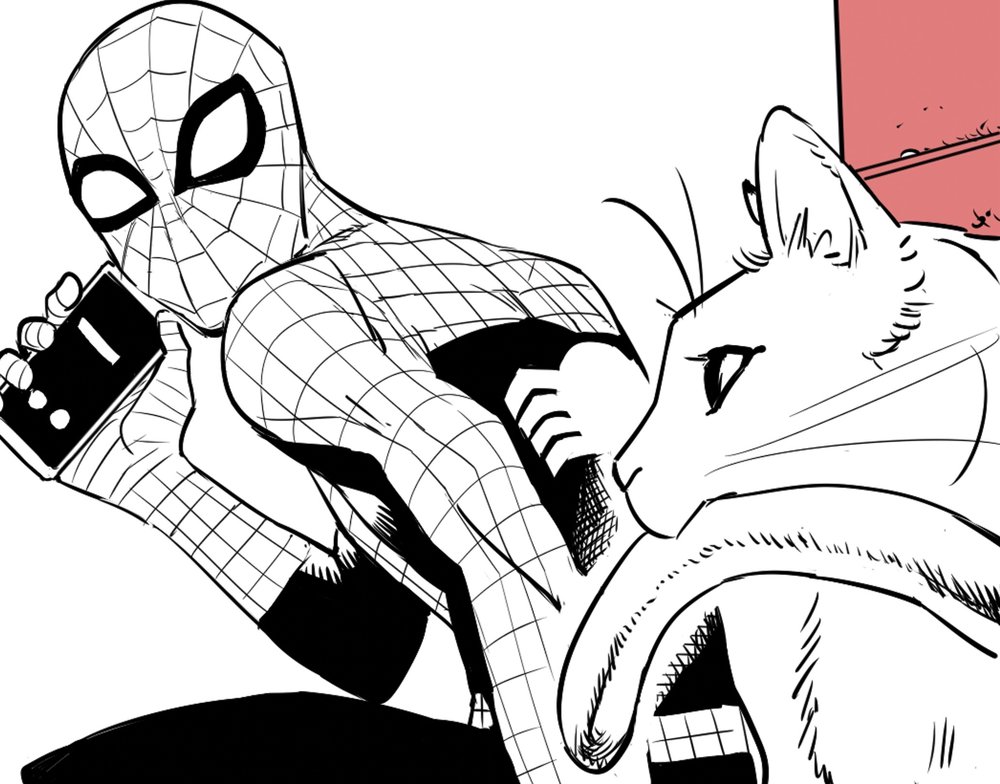
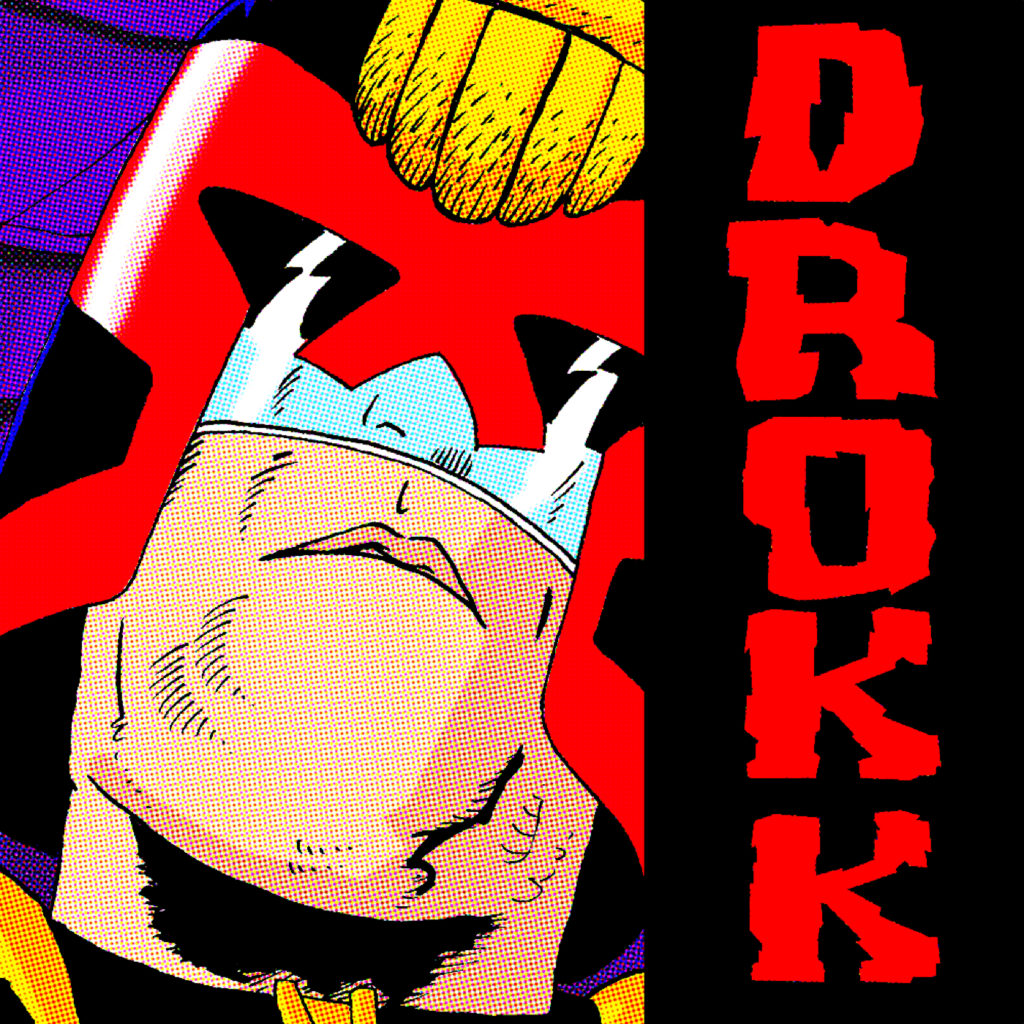
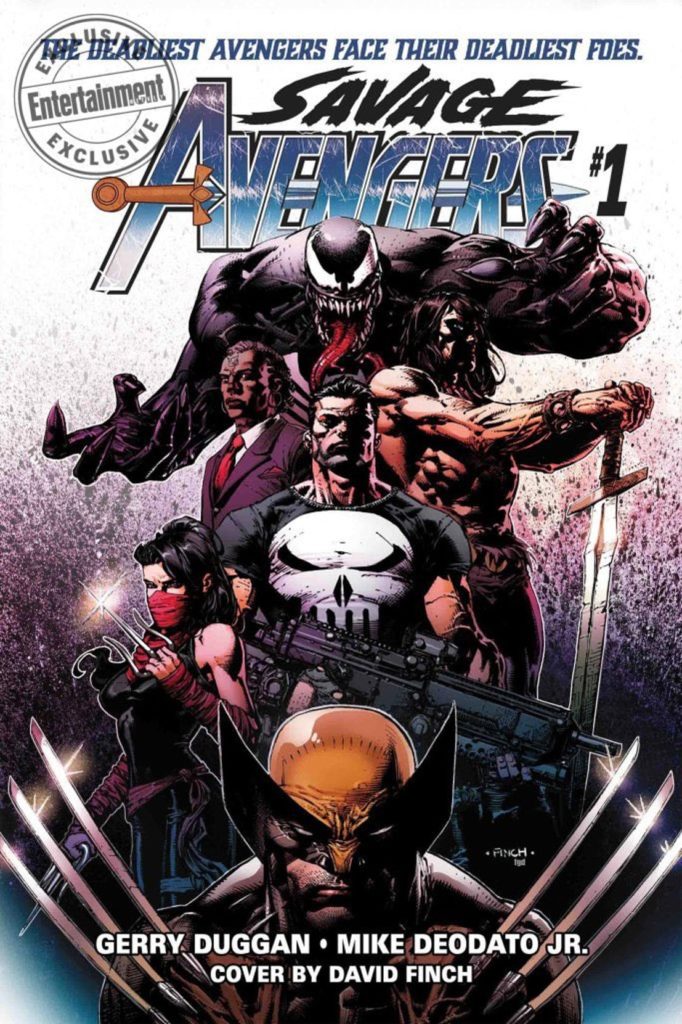
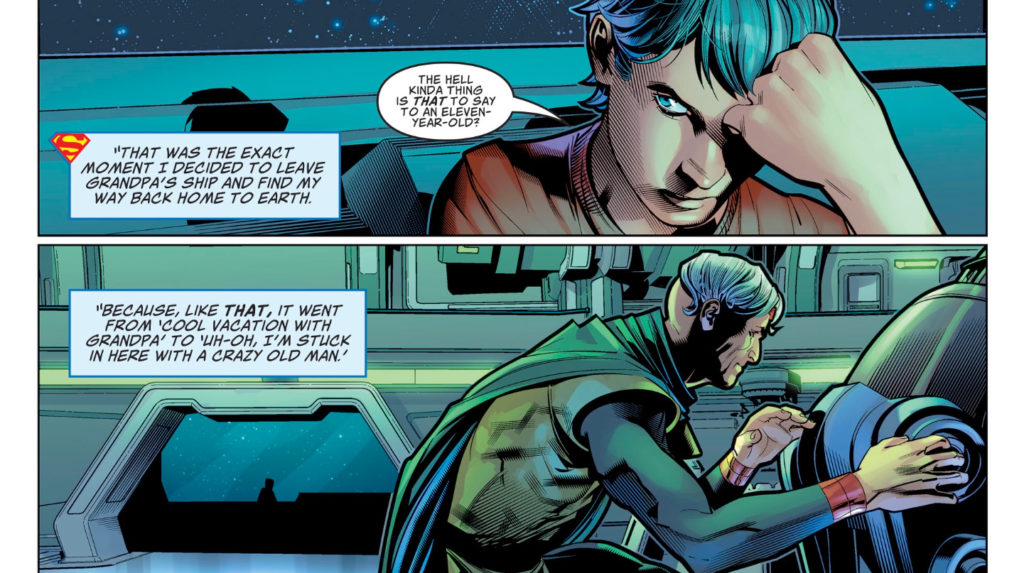
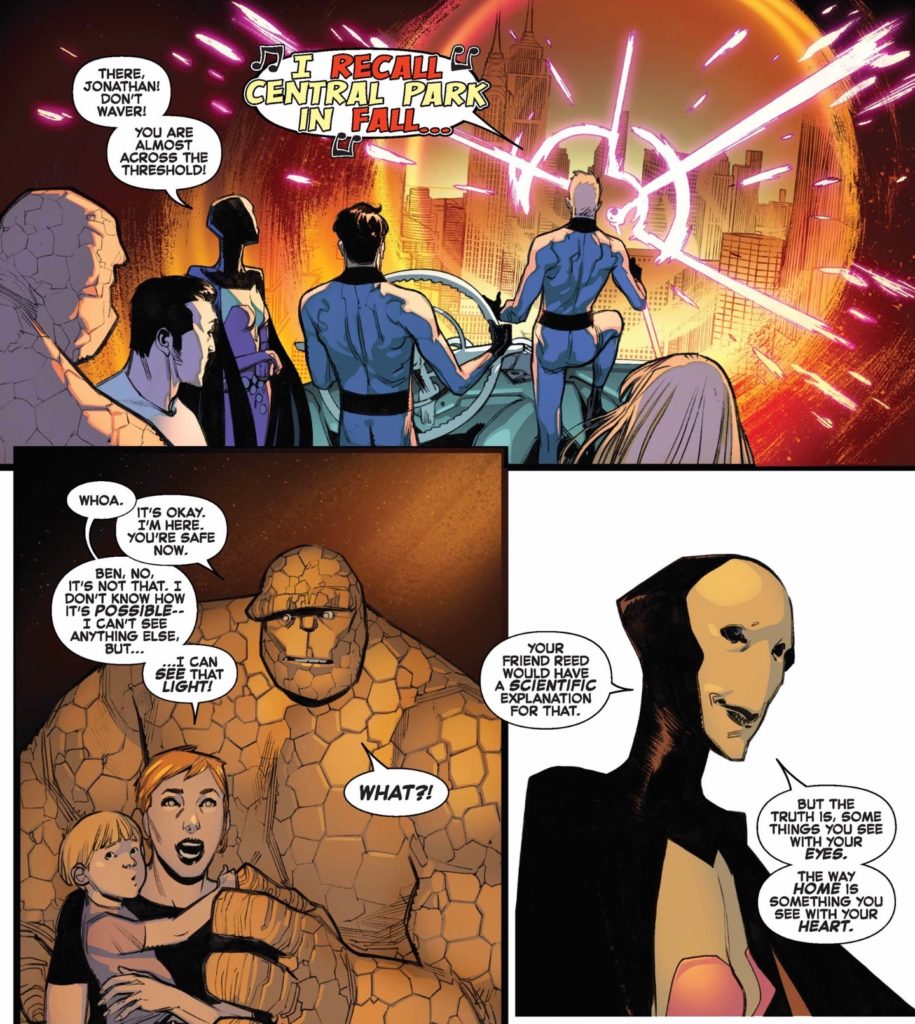
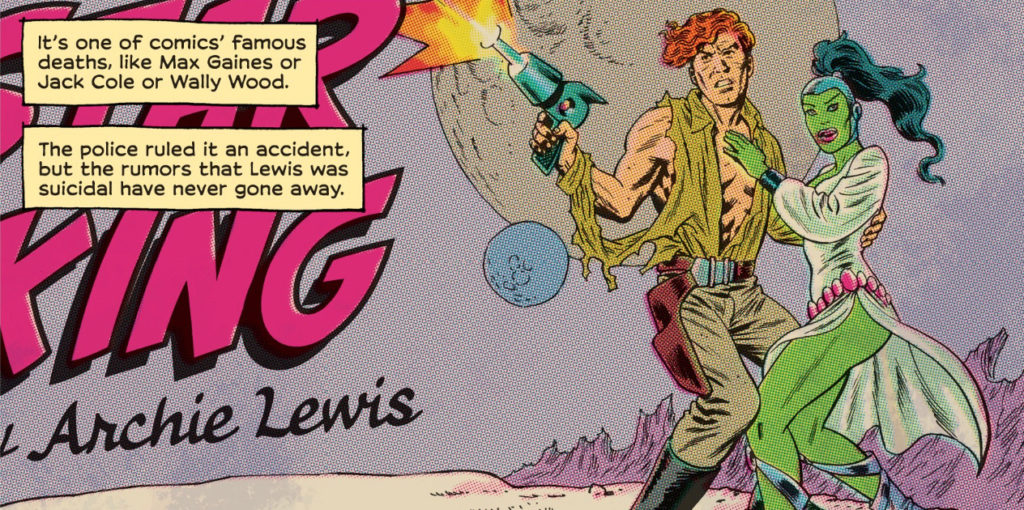
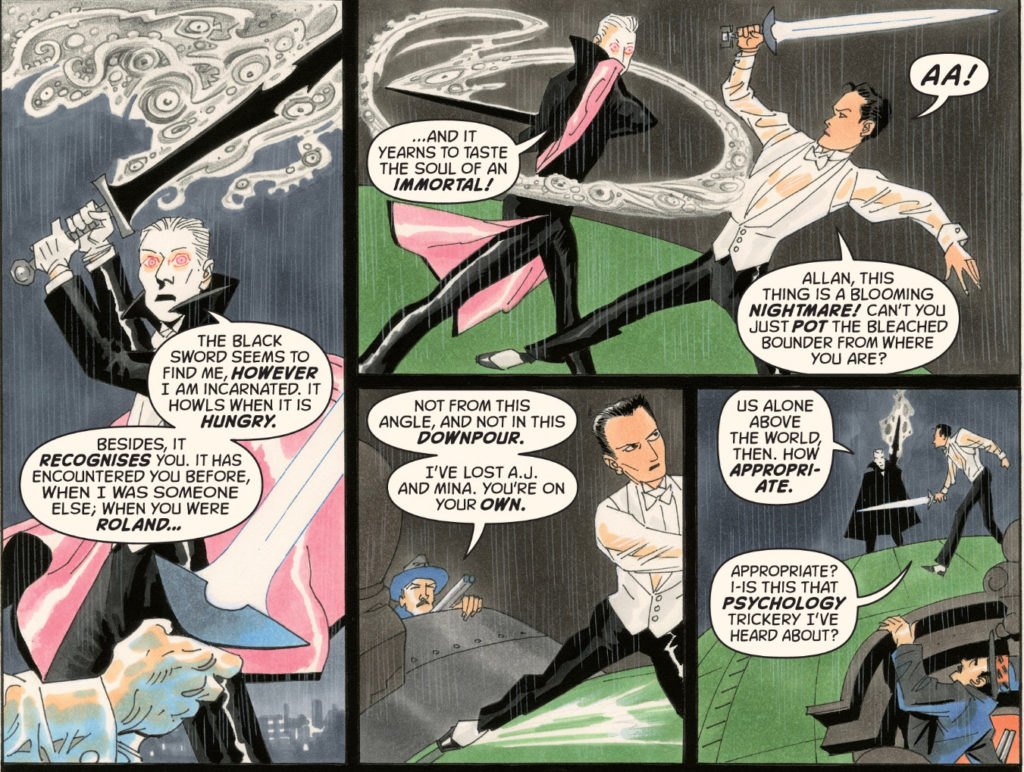
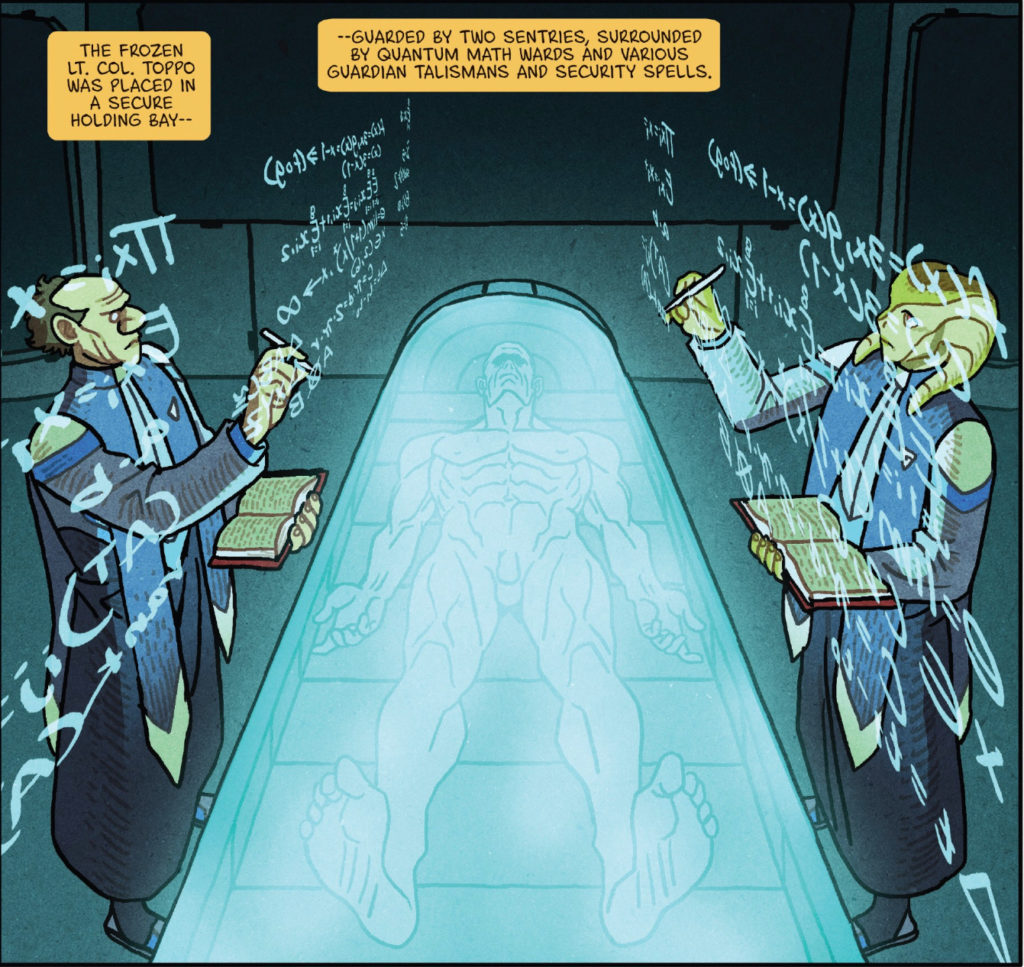
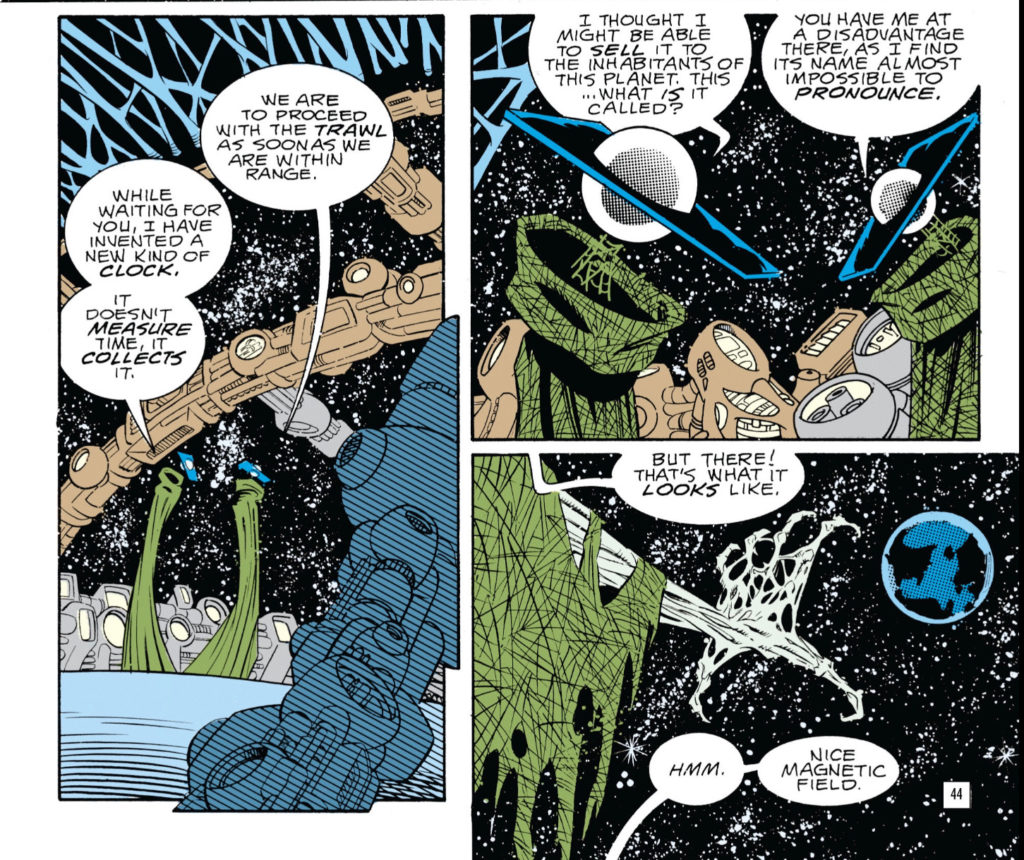
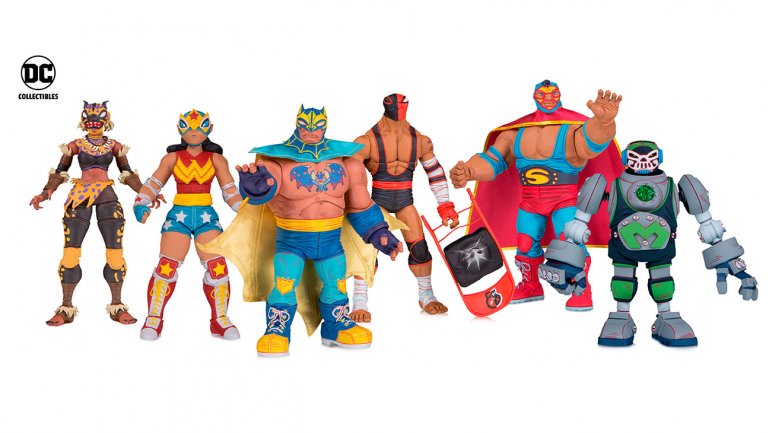
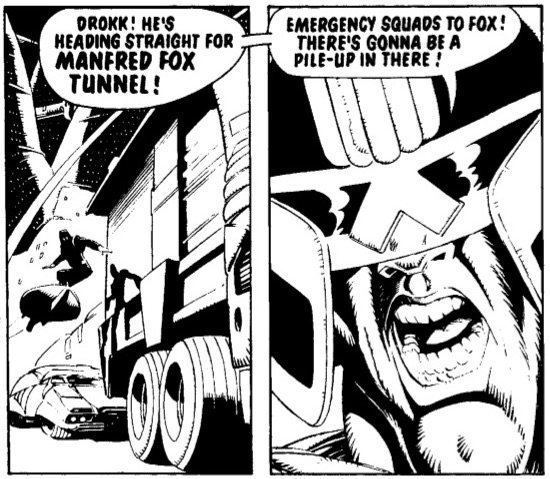


Recent Comments